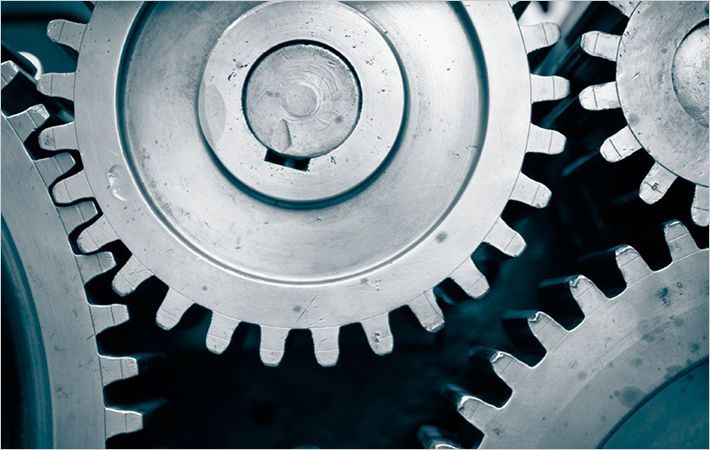In a special show at the Fakuma 2011, material producer BASF and machine manufacturer Arburg will present the multi-faceted subject of energy efficiency. Visitors to the East Foyer will be shown measures for increasing energy efficiency in injection molding throughout the entire value-added chain and beyond, thereby reducing unit costs. Using a specially-optimised plastic and the appropriate machine technology, the two companies will demonstrate how new developments can work together to save energy.
On an exhibition area of 100 square metres, the entire injection molding process will be analysed in detail in terms of energy-efficiency: from product design to production planning. As a clear practical example, comparative production with two different plastics will show how energy efficiency can be enhanced by the right choice of material. For this purpose, an electric Arburg Allrounder 370 E will produce test parts from a standard plastic and from a material that was specially improved in terms of its flow characteristics. The “energy measurement” function of the Selogica machine control system registers the energy requirement of the relevant process. The comparison makes clear how an energy-optimised machine, together with a plastic with improved flow characteristics, can contribute to significant energy savings in the injection molding process. Depending on the size of the components and their geometry, the lower processing temperatures and shorter cycle times result in greater energy efficiency, thus reducing unit costs.clamping forces between 125 kNN and 5,000 kN. Fields of application include the production of plastic parts for motor vehicles, communications and consumer electronics, medical technology, domestic #
Energy efficiency through optimised material
The new material with improved flow characteristics from BASF is Ultramid B3WG6 High Speed (PA 6 with 30% glass fibers). The improved flow properties of this thermoplastic material permit a lower processing temperature, resulting in several benefits in terms of time, cost and energy saved.
Improved flow properties can be exploited in a variety of ways. Delicate structures and thin-walled parts can be filled more easily and reliably, leading to a drop in the reject rate, particularly in the case of complex geometries. The significantly-reduced injection pressure means that the molds are subjected to much less wear. This increases operating times and reduces maintenance costs. Improved flow means that less injection and filling pressure is required for large components in particular, so that the locking force can be reduced, enabling processors to manufacture their products on smaller machines. In addition, fewer injection points or hot-runner nozzles are required on molds. Despite the thinner walls, it is even possible to produce components with a comparatively high glass-fiber content. One special characteristic of Ultramid B3WG6 High Speed is the excellent quality of the component surface. The mechanical properties of the new material, such as stiffness and strength are comparable to that of standard plastic.
In terms of energy efficiency, the use of the new material reduces the heat required by the injection molding machine, which accounts for most of the overall energy requirement. Trials by BASF have shown that the cycle time can be reduced by up to 30 percent thanks to the approximately 40° C colder processing, helping to reduce energy consumption even further. Thus, in the trials, which are representative of many standard applications, an overall energy saving of 30 percent can be achieved, based on the number of parts produced.
Energy-efficient machine technology
Furthermore, as a representative of the Edrive series, the electric Allrounder 370 E also contributes to energy efficiency in molded part production. The electric Allrounders are characterised by the high efficiency of the servo-electric drives and toggle-type clamping units for example. The energy recovery of the servo motors during braking also has a beneficial effect on the machine's energy requirement. Together, these factors combine to reduce energy consumption by 25 to 50% in comparison with standard hydraulic machines, depending on the application. As an indication of their optimum energy efficiency in operation, all Edrive series machines bear the Arburg "e2" energy-efficiency label.
About Arburg
Arburg, a German machine construction company, is one of the leading global manufacturers of injection moulding machines for plastics processing with cla

